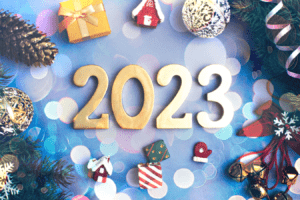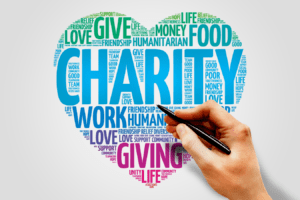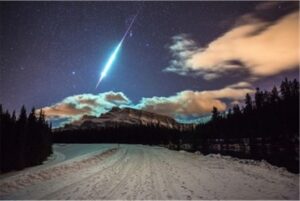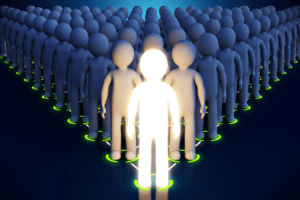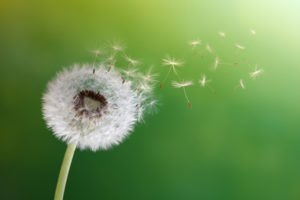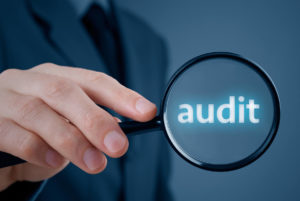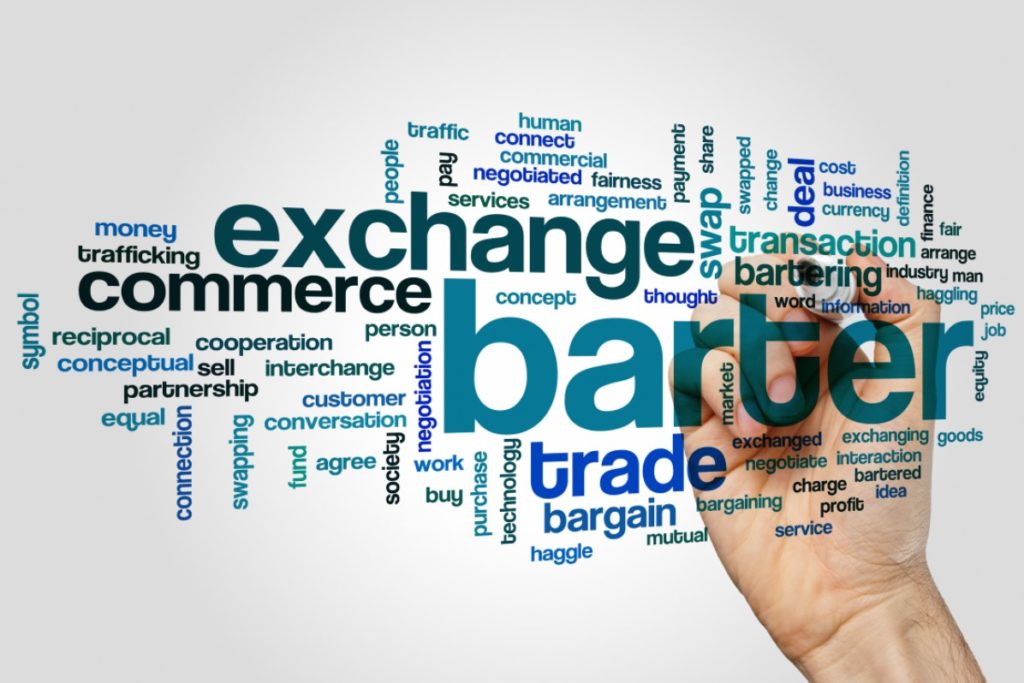 As the world enters April 2020, there are many unsettling events and uncertain outcomes from the Covid-19 Virus pandemic. So much of what would be described as “normal” in a post-9/11 society has once again been altered, disrupted, or even decimated! There are, actually, too many descriptive verbs being over-used by the media, as well as the new all-time favourite, go-to – unprecedented! Our lives, potentially, will never be the same again as the investment world pivots and wipes out literally, trillions of Dollars/Yen/Stirling/RMB/Euros in our race to eradicate this virus. The actual shutdown of the world’s economy has created a ripple effect that has not been seen, even in wartime!
As the world enters April 2020, there are many unsettling events and uncertain outcomes from the Covid-19 Virus pandemic. So much of what would be described as “normal” in a post-9/11 society has once again been altered, disrupted, or even decimated! There are, actually, too many descriptive verbs being over-used by the media, as well as the new all-time favourite, go-to – unprecedented! Our lives, potentially, will never be the same again as the investment world pivots and wipes out literally, trillions of Dollars/Yen/Stirling/RMB/Euros in our race to eradicate this virus. The actual shutdown of the world’s economy has created a ripple effect that has not been seen, even in wartime!
Those who are fans of the British author, Ken Follett, will remember his 1993 novel – A Dangerous Fortune, and will recall the very beginnings of our current banking system and the very intricate balance of trust and cash flow. Banks needed depositors’ cash, to lend out for business ventures, mortgages, investment banking opportunities and all things that run our economy and keep it moving along. Take away the cash that depositors earn through their daily eight-hour grind and the whole system is at risk of failure. Everything is balanced on those funds flowing in from employers and out to financial institutions, utilities, retailers, services, professionals and last, but not least – the tax man on three different levels! Believe it or not, we find ourselves at that very risky place, at this exact moment. Governments are doling out cash to keep the whole system working, so it does not collapse. What if the monetary system fails and our fancy petro-chemical-manufactured currency (from Australia, no less), will no longer be circulating?
What do we do? What do we have which is valuable that we can sell or trade? Well, actually, a great deal! We Canadians live in, and are north of, the largest economy or former largest, and time will tell whether they can hang on to that descriptor. We have so many possessions, we created a new storage locker industry a number of years ago, just to hold it all. We are some of the world’s largest consumers of goods, and now need to take stock of what is truly valuable. Is it our “stuff” or our health? I believe, many are now considering their health as the most important benefit of living in Canada and having unfettered access to one of the best affordable healthcare systems in the world. We do not have pay on-demand service, however considering how we fund our health system we are very fortunate. If healthcare becomes the over-arching focus of all Canadians, then what do we do with our stuff?
In times of crisis, some of the most-important innovations get created because government will pay whatever the development cost is to have it before any other government or private interest. There are numerous examples of products or methodologies that have been created for military application first, and consumer use later. That being said, what if we do not have cash or credit to fuel our economy, how can we exist? Well, a little trip back in history reveals that bartering was the only way that goods and service were exchanged when one had no cash to purchase with. One exchanged their chicken for wheat or barley and would be on their way! Simple! How would that look in 2020? I have taken the liberty of checking the definition of “barter” in case you are unfamiliar.
noun: barter
1. the action or system of exchanging goods or services without using money.
Since a lot fewer of us are hunter/gatherer types, we would need to adapt our methodology to a more service-type of offering as our economy has shifted to that new reality. Agriculture would become very important as farmers receive multiple offers from accountants to do their taxes or audit in exchange for livestock, grains, vegetables or fruit. It would surprise many to learn that our agricultural system is really set-up for raising live-stock and not for human food production – only about 10% is for us. That is quite a conundrum, do we feed our beef, poultry, pork and dairy industries, or do we feed people? To barter, we would need access to all food producers and luckily, Canada has that pretty well covered. We also have one of the largest supplies of fresh water and it may now be time to see if it is, in fact, more valuable than gasoline! Canada’s natural resource capacity would make our country very powerful if trade was reduced to resource-to-resource exchange. Without currency to settle trades, an entirely new trading platform and valuation system would need to be developed as an hour of lawyer time may charge out at $500/hour, in exchange for 833 litres of gasoline at ¢0.60/litre.
There are new start-ups in Canada that have actually created a bartering platform for services, products and charity donations. It may just very well catch on, if our “normal” economy does not start firing on all cylinders very soon. CRA would have to be paid in product for all taxes, so where would government go to borrow for programs and infrastructure investments? All of this leads to some very interesting thoughts on what our world would look and act like without a currency/gold standard economy to back it all up. Bartering may not catch fire, or it may, if our system does not regain its strength and confidence to operate as it once did. We may have been walking this fine line for years and it took a perfect storm of events to set off a chain reaction. This scenario is similar to the “fire sale” that Bruce Willis’ character, Detective John McLane, in the 4th version of Die Hard, had to handle. It makes you ponder the impossible and wonder who is actually in charge of our destiny. You may want to start inventorying all your possessions to see what is valuable and can be traded for something you actually need, like toilet paper!
.
Derek Fraser
Principal

